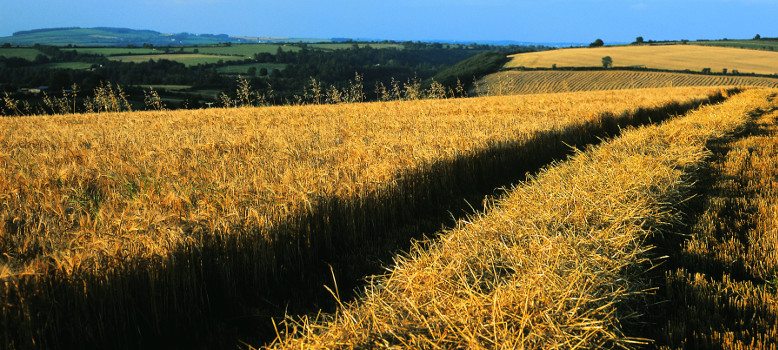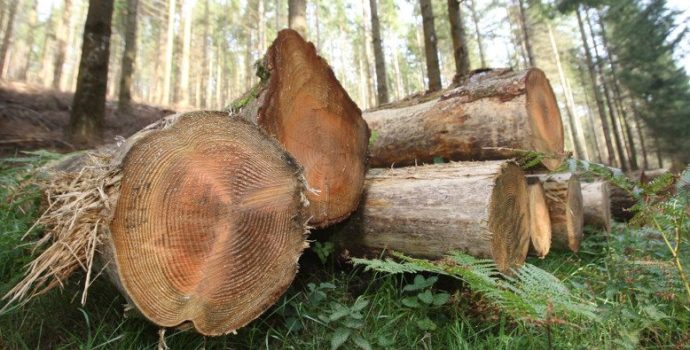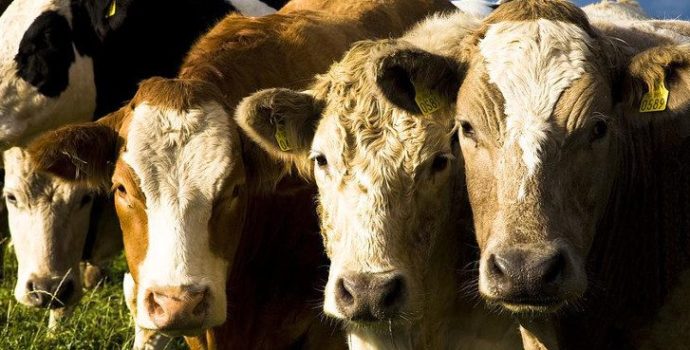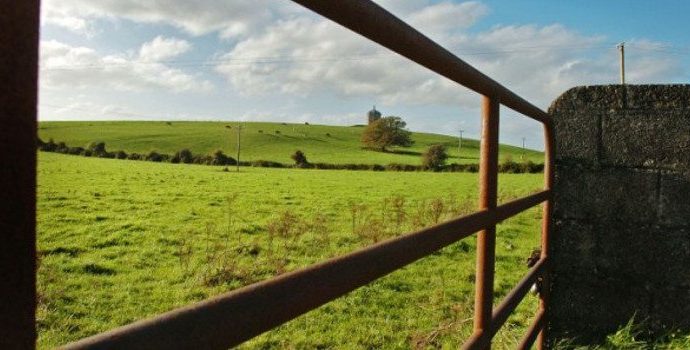IFA Seeks Sector Enquiry into Eu Fertiliser Industry

The IFA has requested that the EU Commissioner for Competition carry out a sector enquiry into the EU fertiliser industry, IFA President Eddie Downey has confirmed. He said the IFA submitted a formal case for an investigation into market concentration and lack of price transparency in the fertiliser industry to Commissioner Margrethe Vestager this week.
“As the second biggest expenditure on farms, the soaring price of fertiliser over the last decade is a major cause of concern, and is undermining the competitiveness of agricultural production. If the Commission allows high input prices to go unchecked, it raises a real threat to agricultural production and food security as global population expands”, Downey warned.
Mr Downey noted that in 1995, one tonne of grain bought one tonne of CAN. Today, despite falling oil and gas prices, it takes 2.6 tonnes of grain to buy one tonne of CAN. Expenditure on fertiliser in Ireland has gone from €350m in 2001 to €565m in 2014, despite a significant reduction in usage. This escalating cost is having a serious impact on already vulnerable farm incomes, he said.
“Rationalisation of the fertilizer industry over recent decades has resulted in the concentration of the industry into the hands of a few key players. It is critical that the EU Commission takes action to address market concentration and the unbalanced power held by a small number of multinational input suppliers, particularly in the fertiliser industry. The lack of price transparency, coupled with increasing vertical integration of this industry within the EU allows manufacturers to control prices right down to farm gate level, stymieing real competition.”
“Natural gas accounts for 72-85% of ammonia production costs. While average wholesale gas prices for 2014 fell in excess of 30%., Irish CAN prices are up by 5% to 8% on 2014. When the fertiliser industry has the ability to raise prices despite a significant fall in energy prices, it is clear that the industry is stymieing competition. The EU Commission must examine why lower fertiliser production costs have not been reflected in farm gate prices. Production and distribution must be separated to create genuine competition.”
IFA is also requesting that custom duties on non-EU manufactured fertilisers be suspended with immediate effect. Precedence has been set by the Commission regarding the reduction or elimination of customs duties for other products on the grounds of public interest. Their suspension will increase competition, driving growth in the agriculture sector and helping keep jobs in the rural economy.




